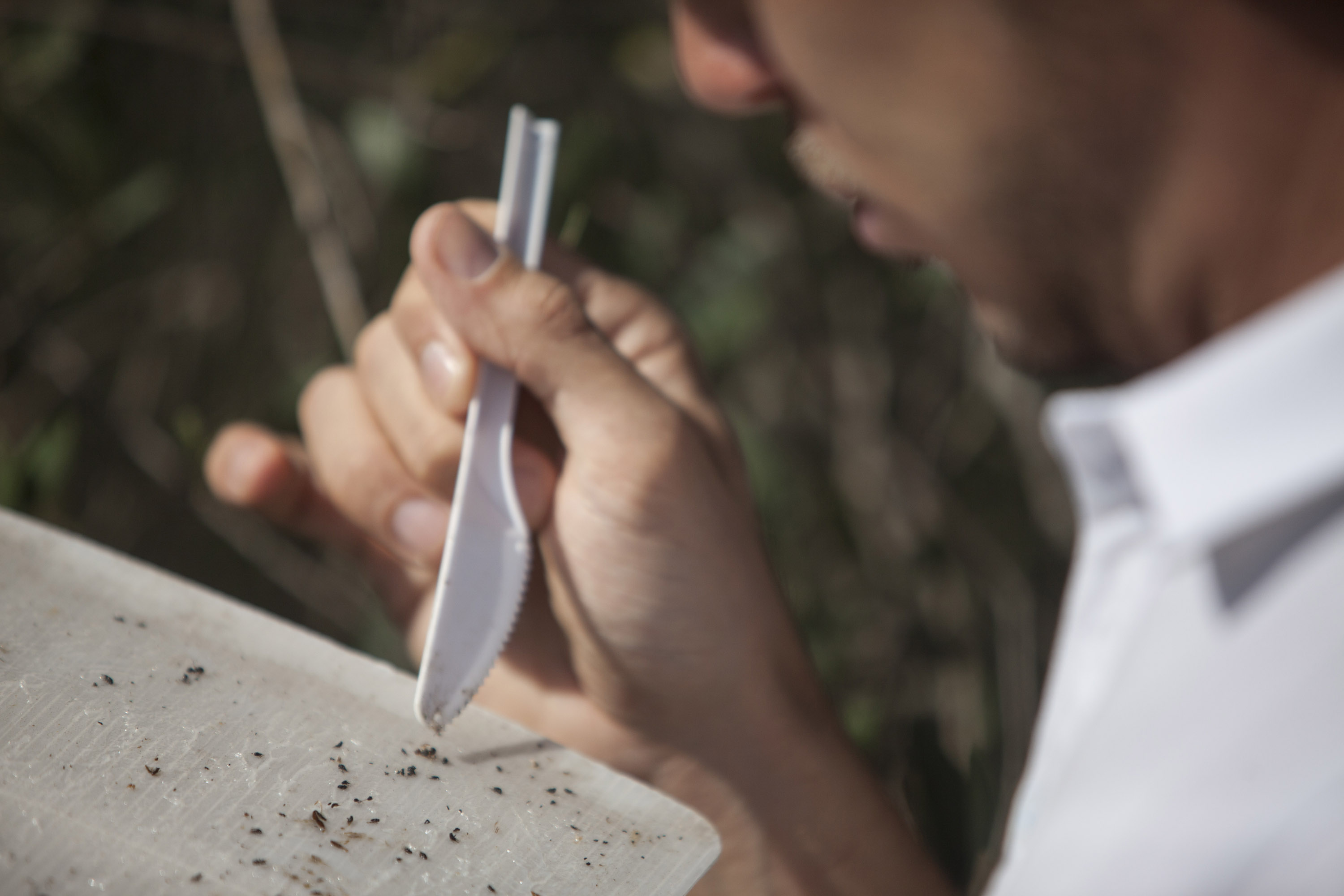What is Integrated Pest Management (IPM)?

Currently, up to 40 percent of global crops are lost to pests, primarily insects, diseases and weeds. Climate change has also an impact on the infectivity, severity and distribution of pests. Therefore, different pesticides are widely used to control pests. However, application of broad-spectrum pesticides negatively affects beneficial organisms that are fundamental to ecosystem services and nature-based pest management, moreover, they can create human health risks and long-term resistance.
Reduce dependence on pesticides is a principal element of sustainable agriculture and Integrated Pest Management (IPM) programs have demonstrated that pesticide use can often be reduced considerably, without affecting yields or farmer profits. IPM provides the careful consideration of all available pest control techniques and subsequent integration of appropriate measures. It encourages natural pest control mechanisms. Pest control should be based to the extent possible on non-chemical measures and the use of pesticides is considered as a last resort. Overall, IPM prevents the development of pest populations and keeps damage levels below economically justified thresholds. If damage thresholds are surpassed, pesticide applications and other interventions are minimised to lower risks to human health and the environment and to reduce the risk of pests becoming resistant to pesticides. IPM emphasizes the growth of a healthy crop with the least possible disruption to agro-ecosystems.

